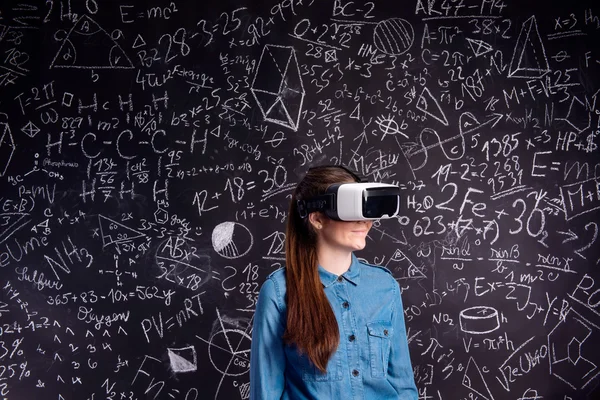Digital transformation is one of the most profound changes of our age, reshaping every aspect of life. Education is at the center of this transformation. It is no longer about accessing information, but making sense of, interpreting and applying it. This is only possible through digital education infrastructures and visionary approaches.
Transition from Classical Education to Digital Learning
The familiar classroom environment, blackboards and physical textbooks are giving way to smart board systems, augmented reality-enabled content and AI-powered personalized learning platforms. This is not just a change of medium; it is also a process of redefining the nature of learning.
The critical point here is not to see technology only as a tool, but to use it with a system approach that integrates it into the infrastructure of education. Every educational institution that wants to keep up with the digital age and raise individuals for the future should place technology at the center of education with a structural vision, not with temporary solutions.
Producing, Not Consuming University Model
The success of digital education lies not only in the content offered, but also in who produces and develops this content. Universities should no longer be institutions that only use technology; they should also become centers that develop it, guide it and produce new solutions.
Institutions that build an ecosystem that produces its own technology in areas such as software development, artificial intelligence and data science, and offers innovation environments to its students, raise individuals who will shape the future. We need to see students not only as users but also as developers who produce solutions. Because in our opinion, the task of universities is not only to produce graduates, but also to equip society with the human resources that will shape the future.
Digital Literacy: The Core Competency of the New Generation
To be successful in the world of the future, digital literacy is no longer a choice but a necessity. Individuals who know coding, understand artificial intelligence, and can use digital tools effectively and ethically will have an advantage not only in the labor market but also in social life.
Education systems should aim to provide these skills at an early age and prepare students not only for the needs of today but also for the needs of the future. Therefore, the digital education model offered to students should be a structure that encourages not only access to information but also knowledge production.
The Future is Digital, Education is Universal
Digital education is universalizing access to knowledge by eliminating borders. We are in a new era where every student is part of a global learning network, with access to information anywhere in the world. In this age, the task of the education system is not only to transfer knowledge, but also to raise individuals who will shape the future.
Digital education is the key not only to today but also to the future. Using this key in the right hands with the right vision is the most powerful step that will carry individuals and societies forward. Raising individuals who not only use technology but also produce it will strengthen the universal quality of digital education and advance the global competition and development in this field.



